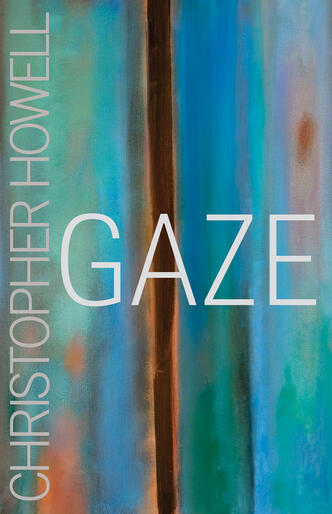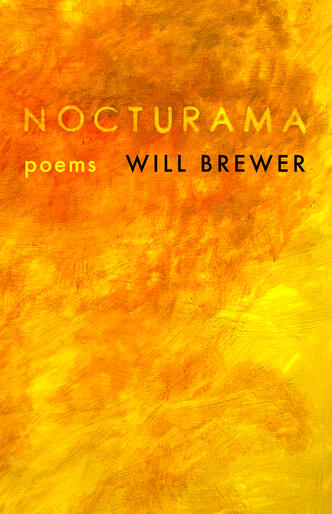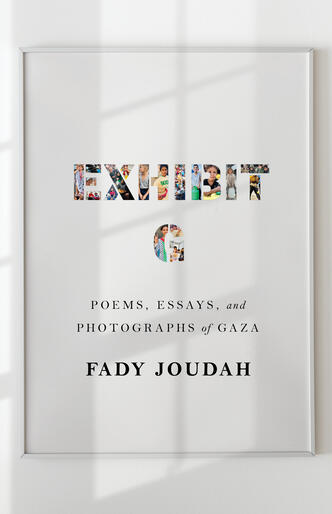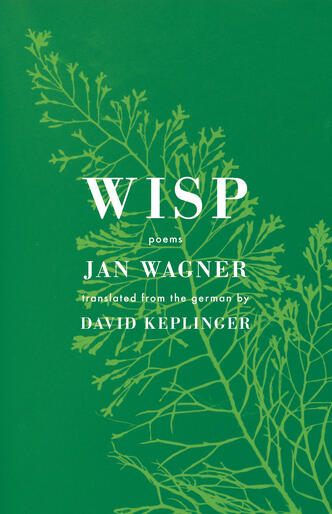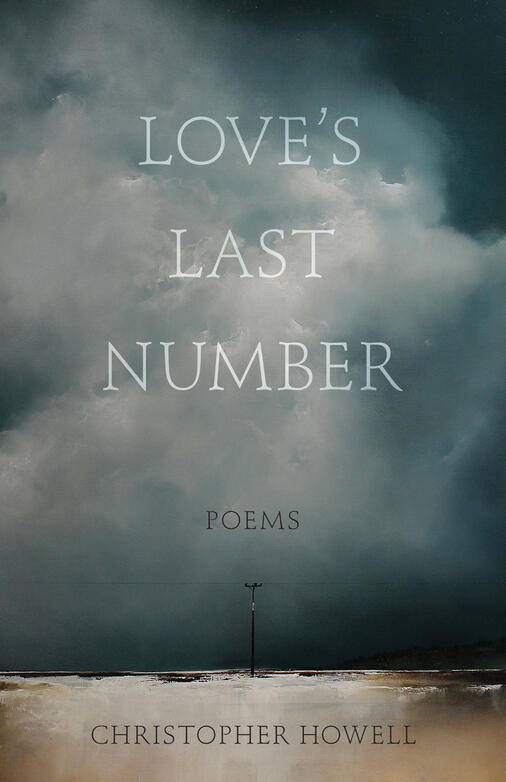
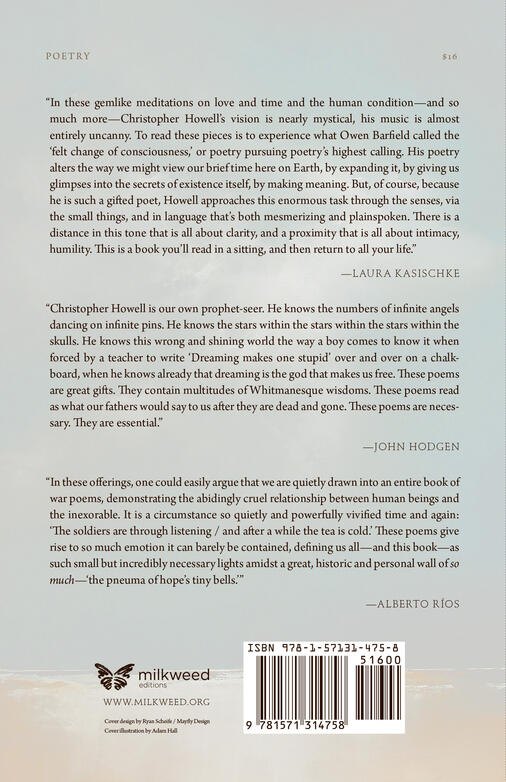
Love’s Last Number
“Howell approaches this enormous task through the senses, via the small things, and in language that’s both mesmerizing and plain-spoken. This is a book you’ll read in a sitting, and then return to all your life.”—LAURA KASISCHKE
From celebrated poet Christopher Howell, Love’s Last Number is a series of musings on time’s arrow: on both the relentless march that divides each moment into past, present, and future—before and after—and the ultimately porous and recursive nature of time itself. In a multiplicity of voices and tones, Love’s Last Number reflects on what we do about memory, love, grief, war, and the contradictions implicit in the human search for meaning. At once profoundly intimate and ambitiously broad in scope, this collection explores the place of individual losses and joys in the context of greater historical tragedy and triumph.
In its sinuous sequences, Love’s Last Number insists that life—and history—are a continuing crisis of faith, imagination, consciousness, and moral clarity. And yet these poems, like existence itself, offer moments of transcendent joy and sudden, inexplicable hilarity: laughter against the darkness.

